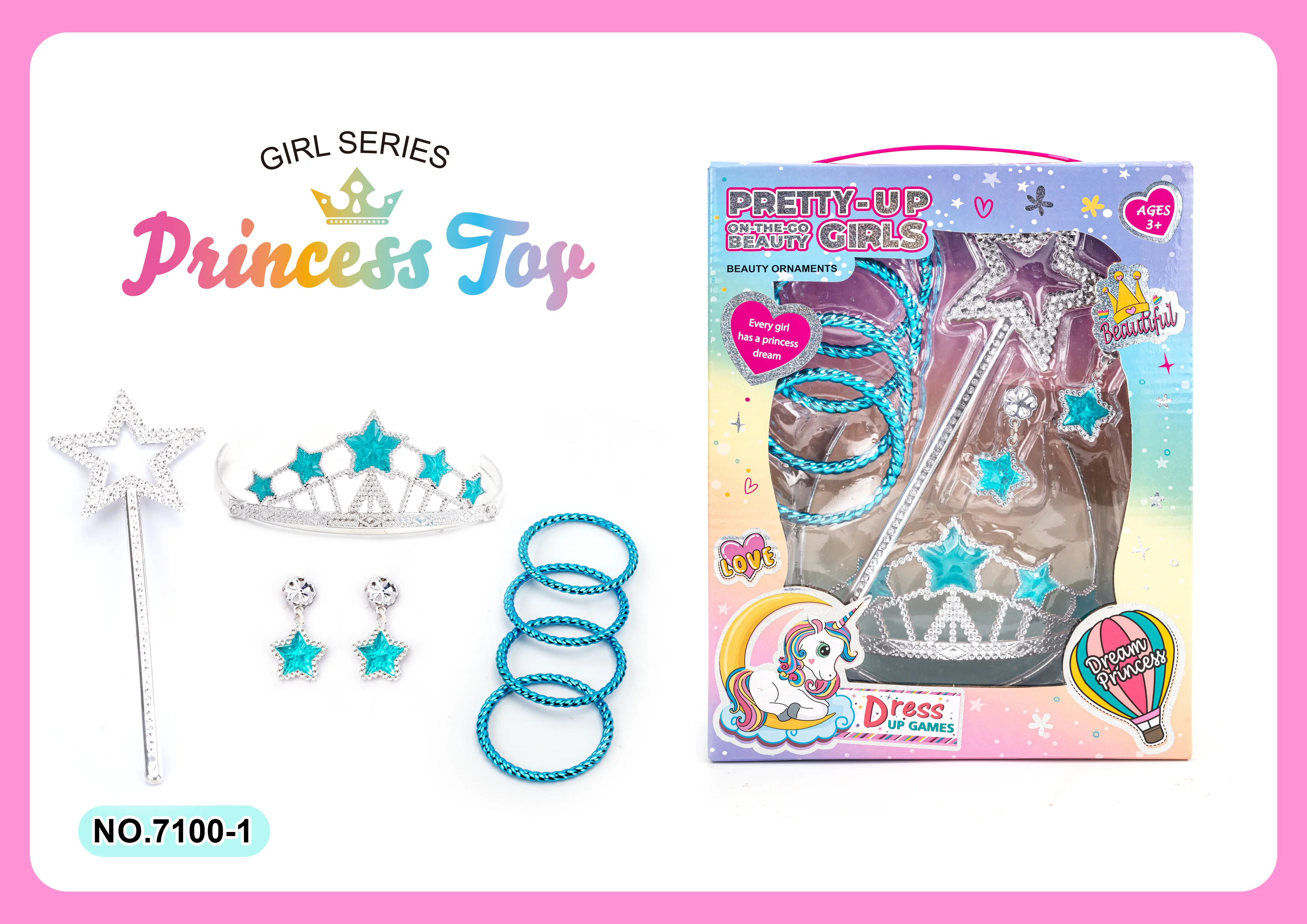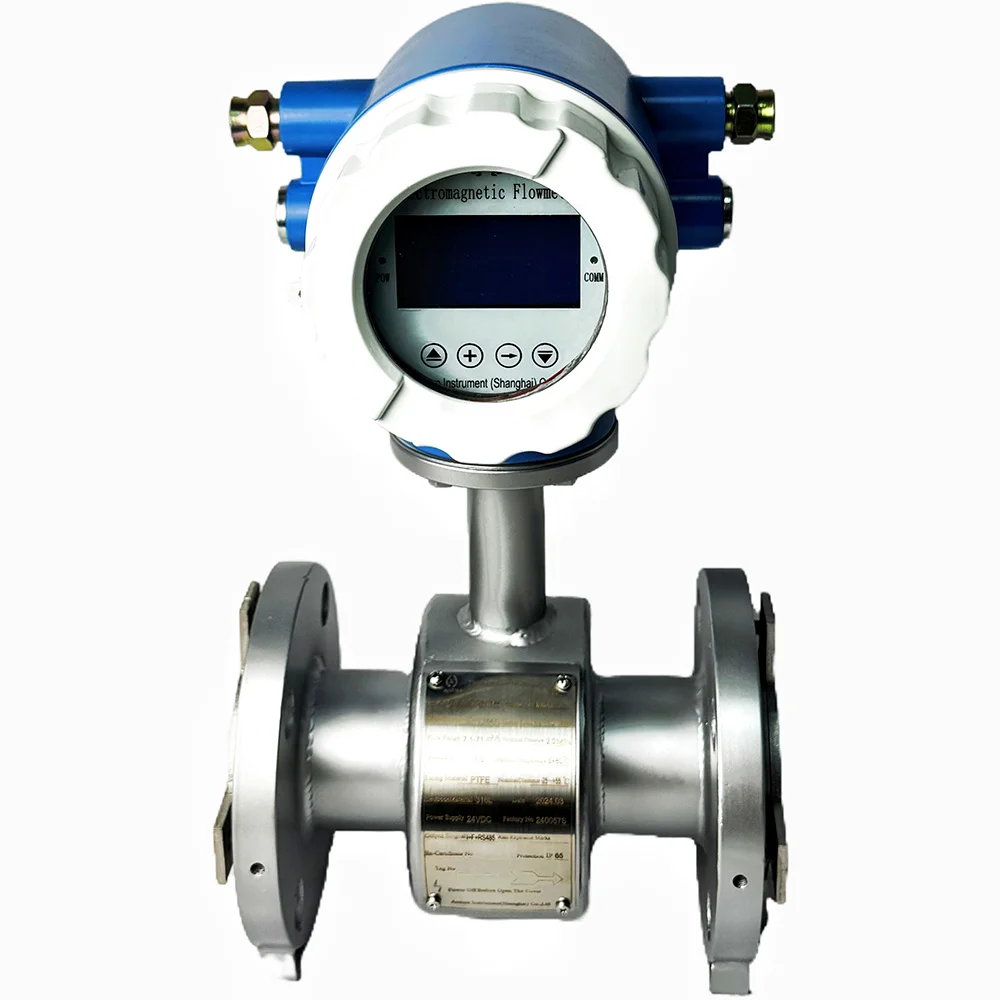Maintaining clean and safe drinking water is crucial for our health and well-being. One of the key components in ensuring the quality of our tap water is a reliable water filter. However, many people are unsure about how often they should change their drinking water filter to maintain its effectiveness. In this blog post, we will delve into the factors that influence the frequency of filter changes and provide you with practical guidelines to optimize your water filtration system.
- Understanding the Lifespan of Different Filter Types:
Different types of drinking water filters have varying lifespans, depending on their design and filtration technology. It is essential to know the lifespan of your specific filter to determine when it needs replacement. Here are some common types of filters and their average lifespans:
a) Activated Carbon Filters: These filters are widely used for removing chlorine, odors, and organic contaminants. Typically, they last for approximately 2 to 6 months, depending on the water quality and usage.
b) Reverse Osmosis (RO) Filters: RO filters are highly effective in removing a wide range of contaminants. They usually require replacement every 6 to 12 months, depending on the water hardness and usage.
c) Ceramic Filters: Known for their longevity, ceramic filters can last anywhere from 6 to 12 months. However, regular cleaning is necessary to maintain their efficiency.
- Factors Influencing Filter Lifespan:
Apart from the filter type, several factors can affect the lifespan of your drinking water filter. Understanding these factors will help you determine the optimal frequency for filter changes:
a) Water Quality: The quality of your tap water plays a significant role in filter lifespan. If your water source contains high levels of contaminants, the filter may clog faster, requiring more frequent replacements.
b) Water Usage: The more water you consume, the quicker your filter will become saturated. Consider the number of people in your household and their water consumption habits when deciding on the replacement frequency.
c) Environmental Factors: Environmental conditions, such as temperature and humidity, can impact the filter's lifespan. Extreme temperatures and excessive moisture may reduce its effectiveness, necessitating more frequent changes.
- Monitoring Filter Performance:
To ensure your drinking water filter is functioning optimally, it is essential to monitor its performance regularly. Here are some indicators that it may be time to change your filter:
a) Slow Water Flow: If you notice a significant decrease in water flow rate, it could indicate that your filter is clogged and needs replacement.
b) Unpleasant Taste or Odor: A filter nearing the end of its lifespan may fail to remove certain contaminants, resulting in an unpleasant taste or odor in your drinking water.
c) Manufacturer's Recommendations: Always refer to the manufacturer's guidelines for your specific filter model. They often provide recommendations on the optimal replacement frequency based on average usage and water quality.
Conclusion:
Maintaining a clean and reliable drinking water filter is crucial for safeguarding your health. By understanding the lifespan of different filter types, considering various influencing factors, and monitoring filter performance, you can determine the optimal frequency for changing your drinking water filter. Remember, regular filter replacements ensure the continued removal of contaminants, providing you with clean and refreshing drinking water.







